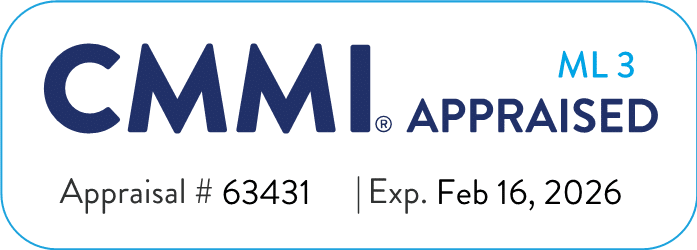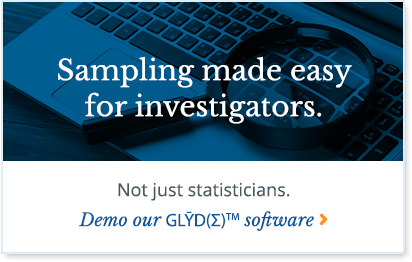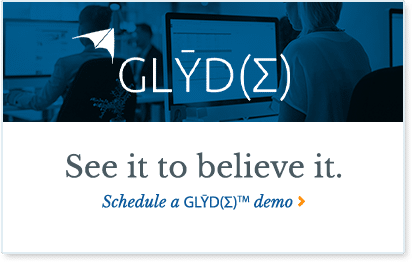Healthcare Fraud Investigators provide a valuable resource in the fraud analysis process. They perform in-depth evaluation and analysis of potential fraud cases and requests for information using claims and other sources of data. One method for gathering information during an investigation is performing interviews. Along with analysis of records and other data, conducting fraud investigation interviews can be a very effective avenue for building a case. So, why do some investigators always appear to have successful interviews? It is not because of luck, but rather, because they developed the art of the interview, refined through training, experience, and lessons learned. And while different types of interviews might require different approaches, here are six best practices to ensure the effectiveness of your next fraud investigation interview:
- Prepare for the interview. Do your research to understand what questions need to be asked and what records might be available for review. When you have a roadmap for the interview, it is less likely you will be steered away from finding the answers you seek, especially if the interviewee has limited time to speak with you. Sometimes you only get one bite of the apple.
- Develop a rapport with the interviewee. The more comfortable you make the interviewee feel, the greater the chances are that a bond of trust will develop, and that he or she will be more responsive to your questions. While you are not trying to make friends, you certainly don’t want to create an adversarial environment.
- Ask open ended questions. Avoid asking questions that generate yes or no responses. Asking open ended questions is a great technique to encourage a free narrative and might take you to other areas of investigative interest.
Learn about our Strategic Staffing Services
- Stay focused. It is important for the interviewee to have an opportunity to speak freely. It is very important for the investigator not to interrupt or distract. Do not be so quick to write down your notes. While note taking is vital, too much note taking while the interviewee replies to questions could have a chilling effect on the overall response. If needed, leave time in between questions to take notes.
- Don’t be afraid of silence. Silence can be awkward and this may cause some to feel like they need to fill a void. This may lead some interviewees to provide even more details to their response.
- End on a good note. Always close the interview by asking the interviewee if they have anything to add. The old adage “you don’t know what you don’t know” can be remedied by giving the interviewee the last word.
Each healthcare fraud investigator develops their own interview style with time. These fraud investigation best practices and techniques will ensure an effective interview, no matter your approach.
IntegrityM’s Strategic Staffing Solutions for Healthcare Fraud Investigators
The demand for healthcare staffing will continue to rapidly increase, and a reliable partner is needed to deliver the most qualified staff. Integrity Management Services’ Strategic Staffing Solutions is a quality-focused model with a wide variety of disciplines, including not only healthcare fraud investigators, but data analysts, statisticians and clinicians. We deliver the expertise you need to thrive in today’s dynamic industry.
For additional information on how we can enhance your team, call us at (703) 535-1400 or contact us online.











